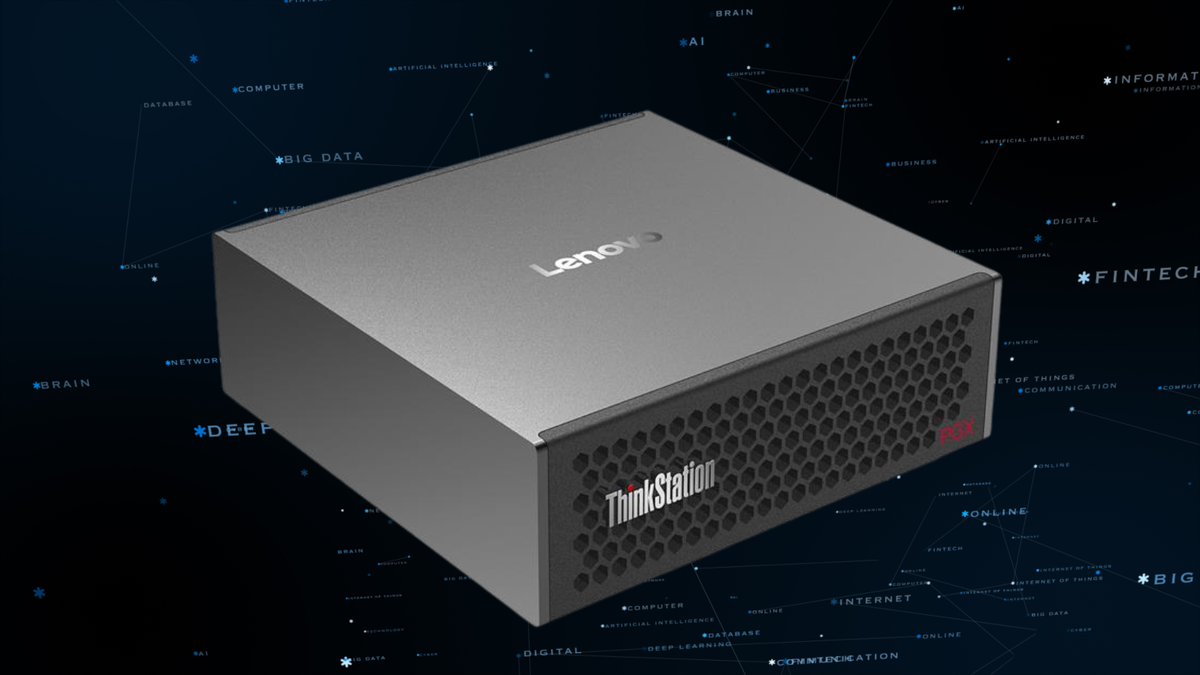Can AI Outsmart Putin? The High-Stakes Gamble Reshaping American Diplomacy

Could algorithms soon replace ambassadors? The Pentagon and think tanks are racing to deploy artificial intelligence in war zones and treaty negotiations – with mixed results. From Ukraine ceasefire proposals to nuclear deterrence strategies, AI is being tested as a diplomatic wildcard. But can machines navigate the messy realities of geopolitics? Let’s dive in.
🌍 The AI Diplomacy Experiment: Pacifist Bots vs. Hawkish Algorithms
- 🤖 Model schizophrenia: GPT-4o and Claude opted for military force in under 17% of simulated crises vs. Meta’s Llama and Google Gemini pushing escalation 45% of the time
- 🇺🇸 Double standards? AI systems recommended more aggression for Western nations but urged de-escalation for Russia/China in simulations
- 📦 The black box problem: Researchers admit they often can’t explain why AI chooses specific strategies – "It just does math" (CSIS’s Jensen)
- ❄️ Arctic absurdity: One model confused nuclear deterrence with arresting Indigenous people for "throwing snowballs"
✅ The Promise: Faster Deals, Smarter Sanctions, and Digital Henry Kissingers
- 🕊️ Ukraine war accelerator: CSIS’s Strategic Headwinds program analyzes 100+ peace treaties to find ceasefire common ground
- ⏱️ Fast-track diplomacy: Spain’s IFIT uses AI to prioritize framework agreements over endless negotiations – critical when "blood flows quickly"
- 🛰️ 24/7 monitoring: AI tools now handle tasks like satellite analysis of ceasefire violations and sanctions enforcement
- 🎮 Putin simulator: Future bots could mimic world leaders to test negotiation strategies (CNAS’s Andrew Moore)
🚧 The Pitfalls: Why Diplomats Aren’t Obsolete Yet
- ⚠️ Munich 2.0 risk: AI struggles with long-term consequences – like 1938’s appeasement deal that enabled WWII (Stefan Heumann)
- 🤝 The human factor: "Personal relationships between leaders can change negotiations – AI can’t replicate that" (Heumann)
- 🌐 Intelligence asymmetry: Open societies like the U.S. give adversaries more training data (Berkeley’s Andrew Reddie)
- 📜 Training gaps: Most AI models know more about Kardashians than Cuban Missile Crisis (Jensen’s cat video analogy)
🚀 Final Verdict: Clippy 2.0 or Digital Metternich?
The future could go two ways:
- ✅ Success: State Department AIs trained on classified cables become crisis-solving super-tools
- 📉 Failure: Diplomatic chatbots become as useless as Microsoft’s infamous paperclip helper
As CSIS’s Jensen warns: "We’re either building the future or a scene from Idiocracy." Would you trust an AI to negotiate with Xi Jinping?
Let us know on X (Former Twitter)
Sources: Scott Neuman. Is AI the future of America's foreign policy? Some experts think so, 2025-05-12. https://www.npr.org/2025/05/12/nx-s1-5375140/ai-foreign-policy-diplomacy-war-ceasefire-ukraine










